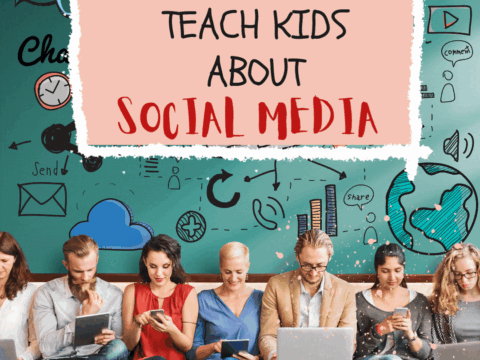The Future of Online Learning: Benefits and Strategies for Educators
The educational scene has been revolutionized by the concept of online learning. Online learning offers flexibility and accessibility that traditional classrooms were never capable of.
Technology is constantly advancing, and educators are regularly presented with new opportunities to not only enhance their teaching strategies but also provide a more engaging and effective learning experience. This article is going to explore the benefits of online learning and offer some strategies for educators to use to optimize their use of technology.
Benefits of Online Learning
Flexibility and Accessibility
Perhaps the most significant advantage of online learning is its flexibility. Your students can access course materials and complete their assignments on their schedule. This is the most beneficial to those who are trying to balance their education with work or family commitments.
It opens up more opportunities for more people. This flexibility extends to educators as well. You can design and deliver courses that fit your schedule and teaching style.
Online learning breaks down geographical barriers. It makes education accessible to a wider audience who can’t get to a physical classroom setting.
Students from around the world can enroll in programs that were previously out of reach, such as a bachelor degree online psychology offered by Faulkner University. This change in accessibility only serves to promote diversity and inclusivity in education.
Personalized Learning Experience
The latest technology creates a personalized learning experience that will cater to individual students’ needs. Online platforms can track students’ progress and adapt the content to address specific strengths and weaknesses.
This personalization only helps students stay engaged and motivated. Students that stay engaged and are motivated to continue will only have better academic outcomes.
Strategies for Educators
Embrace Technology
Educators need to embrace technology in order to leverage the full potential of online learning. This means you need to stay updated with the latest tools and platforms that can enhance your teaching and learning.
You can incorporate multimedia elements like videos, podcasts, and interactive quizzes to make lessons more engaging and cater to different learning styles.
Foster Interaction and Community
One of the many challenges to online learning is the lack of face-to-face interaction. As an educator, you can counter this by trying to create a sense of community through interactive activities like discussion forums, group projects, and live video sessions.
If you encourage regular communication and collaboration you could help build relationships and create a more supportive learning environment.
Real-World Applications
Make learning more relevant and engaging for students by connecting your course content to real-world applications. You can incorporate case studies, practical examples, and guest speakers from the industry to bridge that gap between theory and practice. This approach will enhance understanding and prepare students for real-world challenges.
Clear and Structured Content
Online education needs to be clear and structured. Course materials need to be well organized and easy to navigate. By providing clear instructions and expectations for your assignments and assessments you can help your students stay on track and reduce confusion.
Additionally, offering regular feedback and support can guide your students on their journey.
Professional Development
As an educator, staying effective in this constantly changing field of online learning requires continuous professional development. Institutions can support this by providing training and resources that will help educators like you to enhance their skills and stay updated with the latest trends.
Conclusion
The future of online learning is bright. There are numerous benefits that make online education more flexible, accessible, and personalized. Embrace technology, foster interaction, give clear content, and connect your lessons with real-world applications.
By implementing these strategies you can create a dynamic and engaging online learning environment that will only support your student’s success and prepare them for the future.
–image credit to Deposit Photo
Here’s the sign-up link if the image above doesn’t work:
https://forms.aweber.com/form/07/1910174607.htm
“The content presented in this blog are the result of creative imagination and not intended for use, reproduction, or incorporation into any artificial intelligence training or machine learning systems without prior written consent from the author.”
Jacqui Murray has been teaching K-18 technology for 30 years. She is the editor/author of over a hundred tech ed resources including a K-12 technology curriculum, K-8 keyboard curriculum, K-8 Digital Citizenship curriculum. She is an adjunct professor in tech ed, Master Teacher, webmaster for four blogs, freelance journalist on tech ed topics, contributor to NEA Today, and author of the tech thrillers, To Hunt a Sub and Twenty-four Days. You can find her resources at Structured Learning.








































